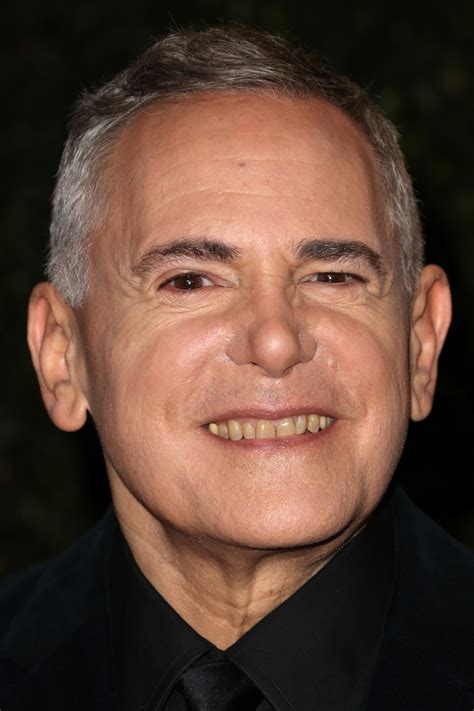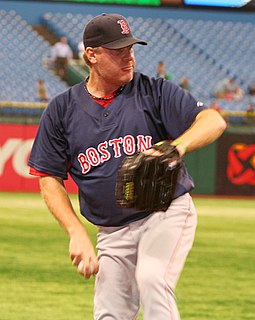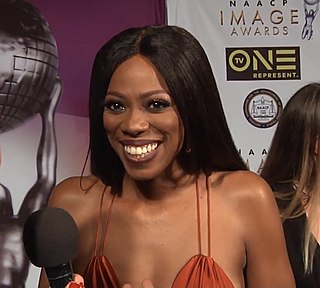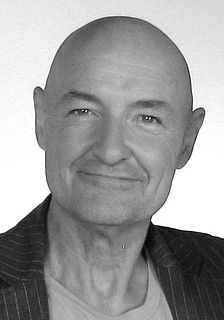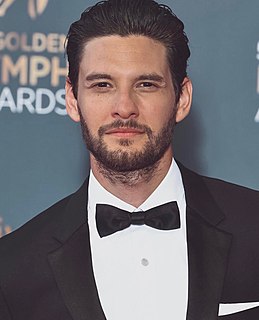A Quote by Craig Zadan
I think maybe the most important thing that we have to say is that people don't often talk about network executives being brave. You don't talk about them as having integrity and a higher purpose, because it's a job... except for Bob Greenblatt. He is a theatre person. He loves and understands it.
Related Quotes
The most important to me is, Theo is a good person first and foremost. And I think that has a lot to do with it. He's not deceitful. He's an honest guy, a good guy. There's a lot more to this thing than it being a job for him, being born and raised here, the Red Sox being as important as they are to him. Above all else, Theo understands he's a compromiser. Theo understands that the clubhouse is our home. He doesn't invade that privacy often. When he does, he doesn't make you uncomfortable and that says as much about him as anything.
I'm not like most comedians. I don't deal with just heckles - I'm also dealing with threats and anger. Here I am, a brown person on stage being quite blunt. I talk about white privilege; I talk about U.S. imperialistic practices; I talk about colonialism. I'm not saying things that are easy for people to laugh at.
On the contrary, it's because somebody knows something about it that we can't talk about physics . It's the things that nobody knows anything about that we can discuss. We can talk about the weather; we can talk about social problems; we can talk about psychology; we can talk about international finance gold transfers we can't talk about, because those are understood so it's the subject that nobody knows anything about that we can all talk about!
Every time you hear anyone talk about the Caribbean, whether it's Caribbeans themselves or people outside, there's always talk about women's bodies. Talk about this voluptuousness, this kind of stereotype of what a Caribbean person is. And I think these are stereotypes that even people inside the culture, we actually sometimes claim them and we're very proud.
I often talk with other actors about that time when you've just finished a job, because I think you do take on the characteristics of some of the characters you play. Sometimes it can be a great thing and sometimes it's a bit haunting because you're not quite sure how to leave it on set. My dad talks about it as being 'de-personalised.'
And be silent for the most part, or else make only the most necessary remarks, and express these in few words. But rarely, and when occasion requires you to talk, talk, indeed, but about no ordinary topics. Do not talk about gladiators, or horseraces, or athletes, or things to eat or drink - topics that arise on all occasions; but above all, do not talk about people, either blaming, or praising, or comparing them.
